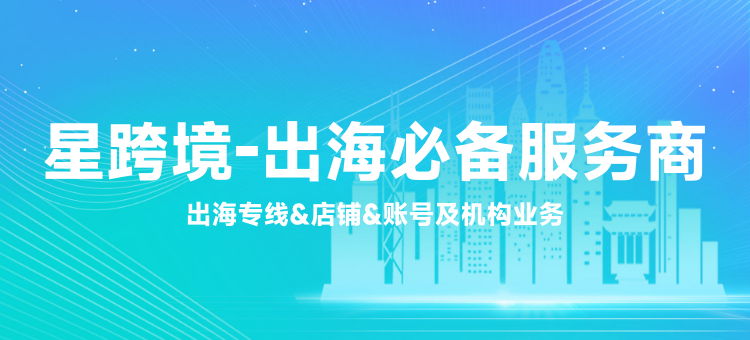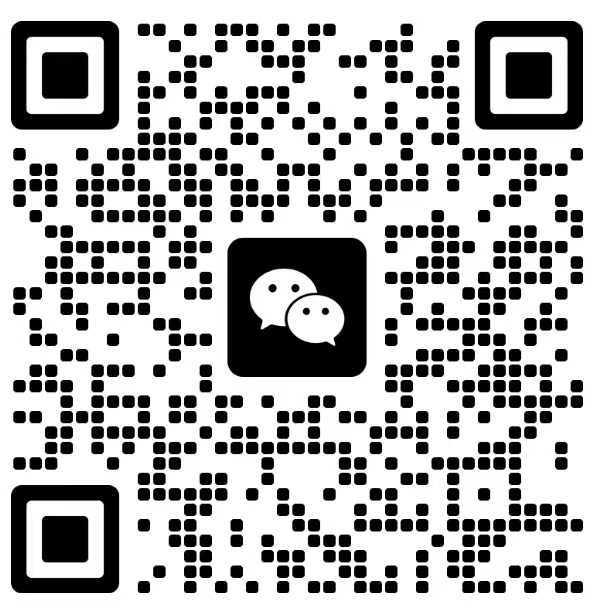Introduction
Recently, TikTok released a statement about implementing more stringent measures to protect user data. This move comes after concerns were raised about the Chinese-owned app's data privacy policies and potential national security risks. In this article, we'll take a closer look at what TikTok's new measures entail and what it means for its users.
New User Data Protection Measures
TikTok's new measures aim to strengthen its data protection policies and ensure that users have greater control over their personal information. One of the prominent changes is the establishment of a 'Transparency Centre' in the United States, which would allow for third-party audits and verifications of TikTok's data protection policies. The centre would also provide insights into how TikTok's algorithms work.
In addition to this, TikTok will be implementing new controls for users under the age of 18. As part of these measures, the app will restrict certain features for these users, such as direct messaging, and provide additional privacy and content settings.
Another significant change is the appointment of a Chief Information Security Officer and a Chief Data Protection Officer to oversee TikTok's data protection policies. These officers will ensure that the company's policies and practices are in line with regional laws and regulations.
User Benefits
With these new measures, TikTok users can be assured that their personal information is being protected more securely. The third-party audits and verification process adds an additional layer of transparency, giving users the confidence to continue using the app. Additionally, the restricted features for users under 18 provide peace of mind to parents and guardians, ensuring that their children are not exposed to inappropriate content or unsolicited messages.
The Larger Context
TikTok's move towards more stringent data protection measures is significant, given the ongoing debate about the app's data privacy policies. The app has come under intense scrutiny from governments worldwide, most notably the United States, where it has faced criticism for its alleged connections to the Chinese government. In response, the US government has called for a ban on the app and has urged other countries to follow suit.
The establishment of a Transparency Centre in the US and the appointment of dedicated officers for data protection policies are steps towards building trust with global regulators and governments. TikTok's commitment to data privacy and transparency could go a long way in combating the negative perception surrounding the app's usage.
Conclusion
In conclusion, TikTok's move towards more stringent data protection measures is a positive development that benefits its users. The transparency and controls provided by these measures are essential components of building trust and maintaining the app's popularity with users. TikTok's move towards transparency and data privacy could go a long way in securing its position as a popular social media platform.
.jpg)


